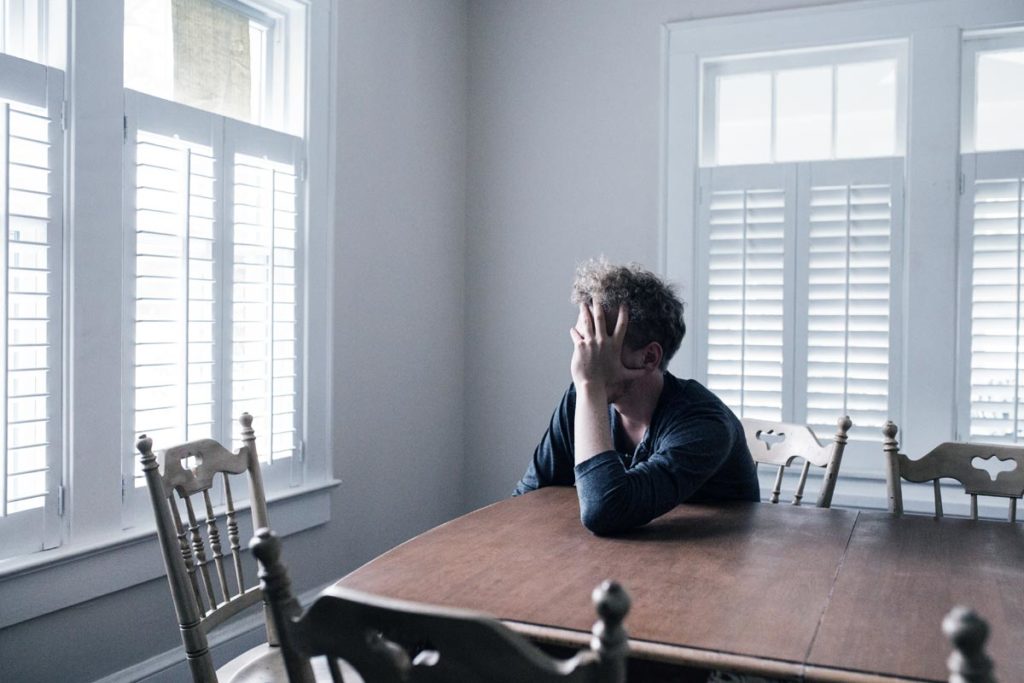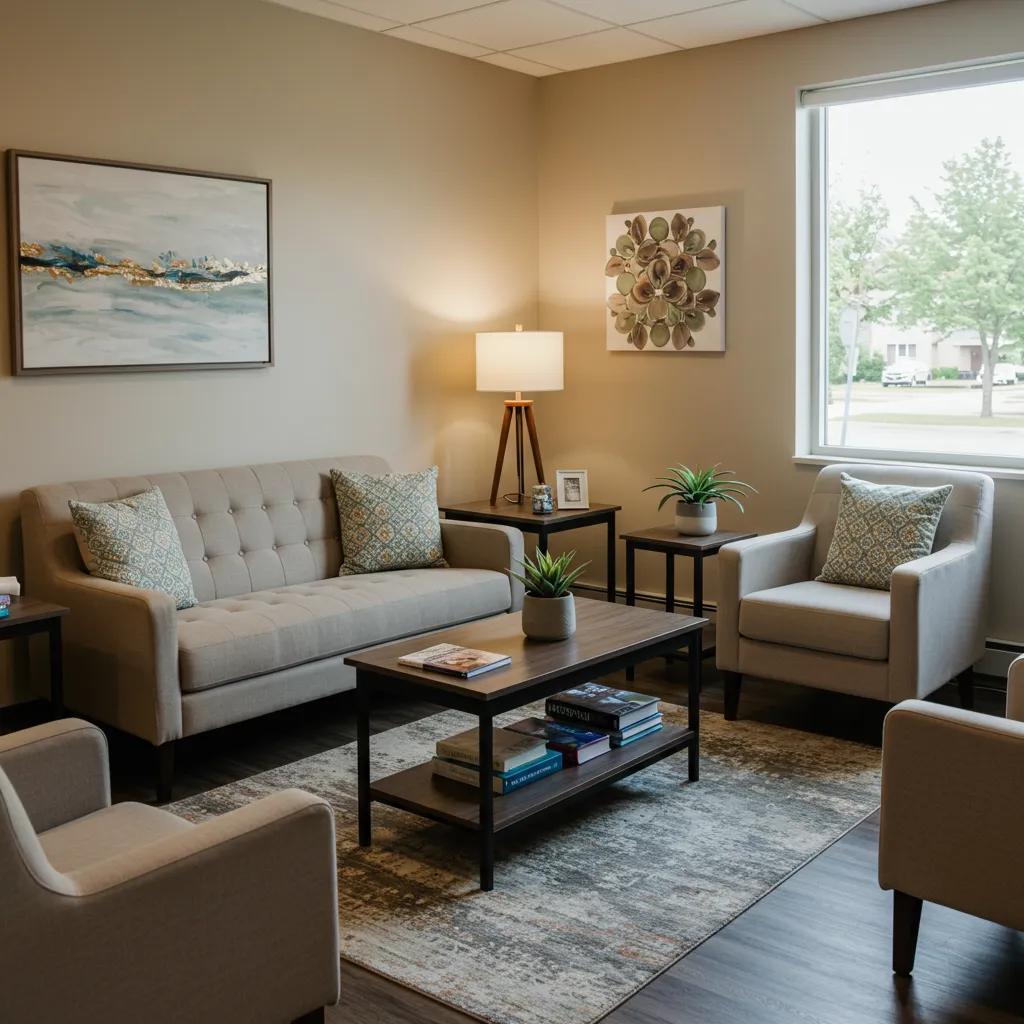If you or a loved one is struggling with a substance use disorder, you’re not alone. In 2020, 40.3 million U.S. adults qualified as having an SUD or addiction according to the National Survey on Drug Use and Health. Yet, while addiction is a common and treatable disorder, just 3.4 million U.S. adults, or less than 1 in 10 of people estimated to need treatment, actually received substance abuse treatment.
That discrepancy between need for treatment and treatment often aligns with costs, stigma, and how addiction affects the brain. Someone who is addicted often doesn’t believe they need treatment. Instead, they use excuses and delaying tactics to avoid taking that responsibility. While those excuses vary, some of the most common include the following 7.
1. I Don’t Need Rehab to Quit
Many people like to retain the illusion of control over their own lives by pretending they can quit on their own. Often, this means being obstinate and stubborn about the fact that they can and will stop using, anytime they want. This might also align with actually quitting for a few days and going cold turkey.
Unfortunately, substance use disorders are a complex mental and behavioral disorder. In addition to physical withdrawal symptoms, which most people get through on their own by toughing it out and suffering for a few days, you have to deal with mental health problems. People who quit on their own are still vulnerable to behaviors and habits that cause them to use. And, often, there are underlying problems behind drug abuse that make that person more prone to relapse. Except, if they’ve quit for a few days, weeks, or even months, they’ve reduced drug tolerance, making them more prone to overdose and major health problems.
Getting medical help and monitoring during detox can save your life in case something goes wrong. But, getting psychological help as part of recovery can do so as well.
2. I’m Not Addicted
It’s extremely common for people with a drug use disorder to live in denial of their addiction. This denial is a form of self-protection, because if you admit that you’re addicted, you lose a great deal of sense of self. That overlaps with social stigma, which presents addiction as a personal weakness or a moral failing. While neither of the latter two are true, the impression remains, and many people fight to hide their addictions even from themselves.
So, you get people who go “I can quit anytime I want”, even when they obviously can’t. Even when they try and fail. They’ll always come up with reasons why they didn’t manage that time.
The thing is, admitting to an addiction means admitting to being helpless. This can result in people expressing outrage and anger, in denial, and in being fine.
3. I’ll Go to Rehab After
People with a drug addiction also often commonly delay going to rehab by simply deciding to go after taking care of something else. That might be graduating, it might be getting a promotion, it might be completing a move, or a big job at work. The thing is, there’s always another excuse, always another thing to finish first, and always more responsibilities.
If someone constantly finds other responsibilities to get in the way of drug rehab, it’s likely the addiction speaking and not the fact that those things truly are more important.
Get your question answered now.

4. I Don’t Have Time
Deciding that you don’t have time or have too many other responsibilities is extremely common for people who have dependents (kids, aging or sick parents), big and highly demanding jobs, or high-pressure studies. Those people can feel like too much depends on them to take off the time to get help. They might feel like things will fall apart if they leave.
The thing is, those responsibilities aren’t going anywhere, but continued drug addiction will prevent you from being able to do them or do them well. Getting help is the best thing you can do to meet responsibilities. Plus, many rehab centers offer daycare and pet care. If you’re having trouble taking time off work, FMLA leave gives you 12 weeks of unpaid time off for medical reasons – and you don’t have to tell your employer why you’re taking it. If unpaid leave isn’t an option, outpatient care, which you can attend on weekends or after work is also an option – there are plenty of programs designed to fit around busy schedules.
5. I Don’t Want People to See Me as an Addict
People often try to avoid treatment because they don’t want their friends, family, and neighbors to know they needed help. While, to an extent, it’s possible to protect your privacy by going to an out of state treatment center, it’s also important to learn to share with the people closest to you. Saving face or a career can be important, but ensuring that you are honest to those closest to you is part of recovery.
6. Rehab Is Expensive
Rehab is expensive. However, not so much so that it’s a reason to avoid seeking out necessary medical treatment. In fact, your insurance policy is required to cover at least a portion of addiction treatment. In most cases, coverage for outpatient programs hovers around 90%. Not all providers cover inpatient or residential care but most do cover at least some of it. You can call yours to see if they do.
In addition, you can look into grants and other financial support to help if insurance doesn’t cover enough. Plus, most rehab facilities accept payment plans – meaning you can pay for rehab just like any other medical bill.
7. I’ll Relapse After
People often fall into the trap of thinking that addicts are made and “once an addict always an addict”. They’re afraid that something is wrong with them that can’t be fixed. So, going to rehab sounds like setting themselves up for failure.
The thing is, addiction doesn’t work that way. Instead, only 38% of people attending cognitive behavioral therapy-based addiction treatment relapse. The rest go on to receive additional treatment and therapy, seek out long-term support, build healthy networks for themselves, and live clean and sober lives. Addiction is treatable – although it takes up to 2 years for your brain to return to normal after addiction, so recovery is a long process.
Eventually, while people struggling with addiction are quick to find excuses not to go to rehab, addiction treatment is the best option. Rehab can help you to deal with the underlying problems behind drug addiction, to treat behavioral problems caused by the addiction, and to build the skills and behaviors to have a healthy and happy life.
If you or you loved one need help with mental health treatment, drug rehab, or alcohol rehab Compassion Recovery Center is here to help. Contact us to ask about our mental health programs and how we can support your specific requirements as you move into treatment.










